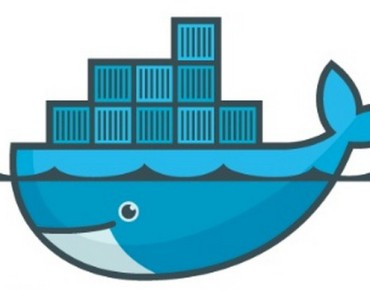Docker Tool Chest Continues to Grow

Adoption and expansion of Docker application container technology continues to gain steam.
San Francisco-based Docker, the de facto leader of the Linux distributed app container movement, announced an update this week to its Docker Hub, the cloud service designed to automate developers' workflows. The update includes a new application architecture and a new "front-end technology stack," Docker said Thursday (Sept. 17).
Separately, workload management specialist Univa Corp. said this week its Grid Engine Container product incorporates Docker containers into the platform's resource manager. The new functionality would provide the ability to run containers at scale as well as blend containers with other workloads, Univa said.
In response to user demand, other open source startups are planning to embrace Docker containers in the coming weeks as part of their latest product upgrades. The growing momentum signals that container hype is giving way to wider Docker adoption and actual deployment in production environments, proponents said.
Docker Hub is used to integrate source code management as well as to build and test tools in order to speed deployment cycles. The reduction in deployment cycles from days to minutes, Docker claims, has allowed users to accelerate the shipping of applications.
It also claims Docker Hub use has grown 390 percent over the last year, including a 480 percent growth in applications and more than 17,000 ecosystem partners that include Amazon Web Services, IBM, Rackspace, Red Hat and VMware.
Docker proponents stressed its growing ability to isolate workflow components in a single container. Users often spin up new containers to, for example, test proposed changes in distributed applications. Users also cite Docker's ability to maintain inventories of current and historical images along with sharing required images among development teams.
Marianna Tessel, Docker's senior vice president of engineering, said the architecture and technology stack upgrades to Docker Hub were necessitated by large and unforeseen adoption and usage. Additional upgrades to the stack are planned as Docker Hub usage soars, Tessel added.
As developers rapidly adopt Docker containers, IT administrators are hustling to incorporate them into enterprise production environments. That requires orchestration and scheduling software along with management and configuration tools.
In response, several "Grid Engine" schedulers and resource managers have emerged to support Docker containers in production. Among them is Chicago-based Univa's Grid Engine cluster that manages datacenter resources used by Docker containers. Designed to work on most IT infrastructure and operating systems while handling "thousands" of applications and frameworks, the platform schedules Docker containers so that shared resources can be used to prioritize critical containers over other workloads.
In short, Univa said its Grid Engine is designed to help "containerize" datacenters.
Among Univa's customers for the container orchestration platform is the Centre for Genomic Regulation, which uses the Grid Engine to deploy Docker containers "for scientific data analysis on distributed clusters."
Meanwhile, Docker claims more than 180,000 applications based on Docker, at least 40 Docker-related startups and a growing list of partnerships with key cloud and other infrastructure providers. For example, Microsoft announced last month that Docker containers would run on Windows Server 2016.
Related
George Leopold has written about science and technology for more than 30 years, focusing on electronics and aerospace technology. He previously served as executive editor of Electronic Engineering Times. Leopold is the author of "Calculated Risk: The Supersonic Life and Times of Gus Grissom" (Purdue University Press, 2016).










